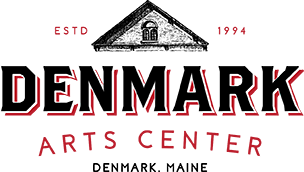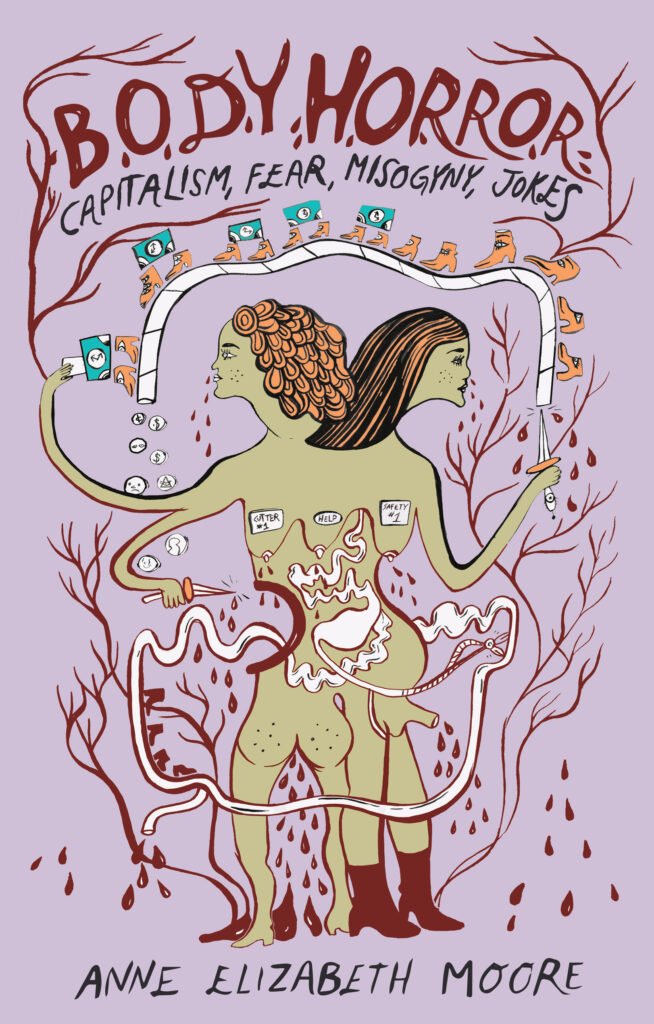Symposium: New Meaning in the Matter of Nineteenth-Century Art
Here’s where I’ll be in May:
“Materials19: New Meaning in the Matter of Nineteenth-Century Art”
Co-organized by Michelle Foa and Sarah Gould
Co-sponsored by Université Paris 1-Panthéon-Sorbonne and Tulane University, and hosted by INHA (The National Institute of Art History)
May 26-27, 2025
This symposium aims to bring together scholars working in an area that has received far too little attention in the study of nineteenth-century art, namely, the material composition of art works and its role in generating the meaning of those objects. Focusing on the relationship between matter and meaning in the artistic production of this period, this event will shed important new light on the diverse ways that a wide range of materials functioned to transform artists’ and viewers’ understanding of the fundamental significance of art objects.
Despite the fact that the materiality of nineteenth-century art has been long overlooked by the discipline, the period was in fact a particularly consequential one in the history of the matter of art, that is, in how artists materials were produced, used, and understood. To give some examples, the manufacture of materials underwent radical change during this time, with synthetic ingredients such as pigments first being discovered and coming increasingly into use; the market for artists’ materials vastly expanding during the period, in part as a result of the rise of the hobbyist artist; the increasing technical and stylistic experimentation of artists working in the second half of the century included an emphasis on the innovative treatment of their media and the role of materials in the meaning of their work; and the rise of professional art conservation and restoration as a field, along with the creation of the institution of the public museum, to name just some of the fundamental changes in the matter of art, its treatment, and its reception during the nineteenth century. Furthermore, pivotal developments of the period such as industrialization, urbanization, increasing colonial expansion, political revolutions, the rise of the nation-state, the growth and abolition of slavery, and the burgeoning global trade and travel networks likewise define the nineteenth century as a period whose many major developments continue to shape the world today. This symposium seeks to illuminate the significant changes taking place with regard to the matter of art in the nineteenth century and link artists’ materials to meaningful developments, phenomena, and debates unfolding outside of the art world.
An important aspect of this symposium is to explore the distinct treatment and interpretations of artists materials by makers, users, and viewers in different regions, cultures, and countries around the globe. Aiming to analyze questions of making, materiality, and meaning from a partially cross-cultural perspective, this symposium will bring together scholars whose research engages with diverse artistic practices, objects, and traditions. Relatedly, this gathering will illuminate the potential significance of the mobility of artists’ materials across borders and continents, the geo-politics of the extraction of and trade in artists’ materials, and the ways in which access to materials of foreign origin fundamentally altered both the production and reception of art works around the world.
Another goal of a symposium is to foreground how the materiality of nineteenth-century art affected the intersections of art, environment, and ecology during this time. Participants will, for example, analyze the significance of the origins of much of the matter of art in the organic and mineral matter of the earth and the far-reaching impact of the emergence of synthetically derived artists’ media. Relatedly, speakers will engage closely with the relationship between art and increasingly prominent environmental considerations and challenges of the time. In what ways did the materials of art enable artists to pictorially engage with the effects of industrialization, pollution, and other perceived forms of environmental degradation?
The rise of both the public museum and the profession of art restoration over the course of the nineteenth century had profound consequences for debates about the stability and longevity of the matter of art and for shifting public perceptions of the role of museums as caretakers of historical objects. Furthermore, the symposium will examine the different modes of transmission of knowledge of artists’ materials from earlier periods as well as artists’ perceptions of the historical specificity of various media. In all these ways, the symposium will illuminate nineteenth-century considerations of the temporality of the matter of art: in the making of the work, in its controversial restoration, and by examining artists’ and viewers’ attitudes towards materials as embodiments of the relationship between the past and the present and between artistic tradition and innovation.
Finally, this symposium hopes to bring to light how artists’ materials were treated in the writings on art of the nineteenth century. Participants will analyze the various ways that critics, art historians, and theorists positioned the matter of art in their interpretations of specific objects and in their narratives of the history, evolution, and identity of the discipline of art history.
The symposium features some of the leading art historians in the world, who represent different facets of the field and diverse methodological perspectives. They constitute a geographically diverse group, coming from France, the United Kingdom, Germany, Austria, and the United States.
Participants:
Carol Armstrong (Yale)
Ann-Sophie Lehmann (Groningen)
Barbara Jouves-Hann (École normale supérieure Paris-Saclay)
Ewa Lajer-Burcharth (Harvard)
Prita Meier (Institute of Fine Arts/New York University)
Noémie Etienne (Vienna)
Richard Taws (University College London)
Michelle Foa (Tulane University)










